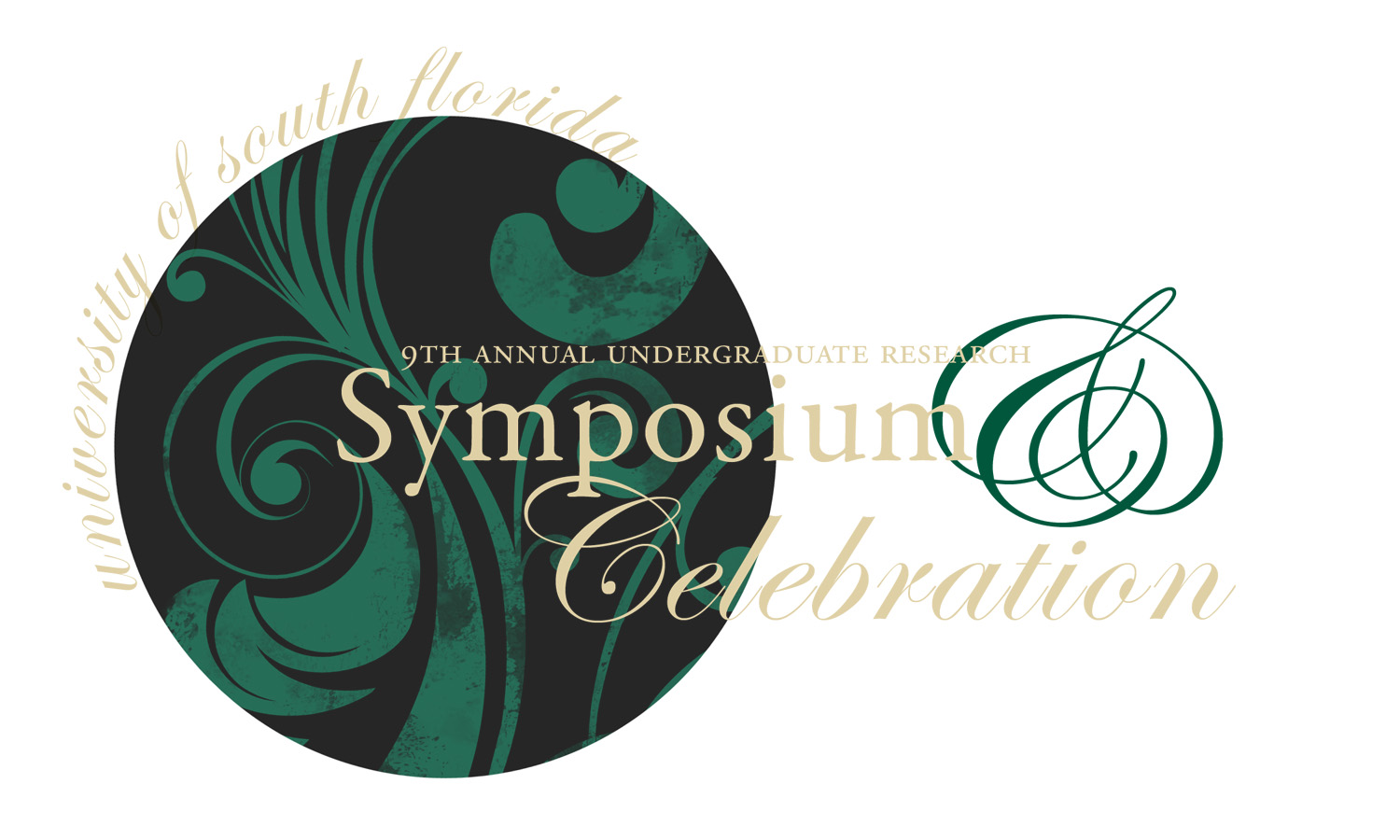Presentation Type
Poster
Aborting the Violinist: The Role of Philosophy in Resolving Moral Issues
Abstract
This project investigates the disparity between formal philosophical texts on abortion and the public opinion on this issue. This project seeks to discover differences and trends between the two mediums, and also analyzes why these differences appear. My research of public opinion and policy includes news articles, reports from public health agencies, polls, press releases, opinion columns, videos and interviews. I compare the non-philosophical sources’ appeal to emotion with the rational argument used in the philosophical texts. I also identify where philosophical techniques are used by the non-philosopical texts and analyze why these techniques are utilized (for example pro-choice arguments appealing to consequentialist ethical theory).
This project bridges the academic practice of philosophy and the practical application to ethics. Significance appears on multiple levels as the differences and trends discovered help to illuminate (1) the reasoning of non-philosophers with regard to their opinions on ethical issues, (2) why it can be difficult for a non-philosopher to read a formal text on ethics, and (3) the reasons that public policy is or is not built on ethical theory.
Categories
Humanities
Research Type
Creative
Mentor Information
Dr. Brook J. Sadler
Aborting the Violinist: The Role of Philosophy in Resolving Moral Issues
This project investigates the disparity between formal philosophical texts on abortion and the public opinion on this issue. This project seeks to discover differences and trends between the two mediums, and also analyzes why these differences appear. My research of public opinion and policy includes news articles, reports from public health agencies, polls, press releases, opinion columns, videos and interviews. I compare the non-philosophical sources’ appeal to emotion with the rational argument used in the philosophical texts. I also identify where philosophical techniques are used by the non-philosopical texts and analyze why these techniques are utilized (for example pro-choice arguments appealing to consequentialist ethical theory).
This project bridges the academic practice of philosophy and the practical application to ethics. Significance appears on multiple levels as the differences and trends discovered help to illuminate (1) the reasoning of non-philosophers with regard to their opinions on ethical issues, (2) why it can be difficult for a non-philosopher to read a formal text on ethics, and (3) the reasons that public policy is or is not built on ethical theory.

